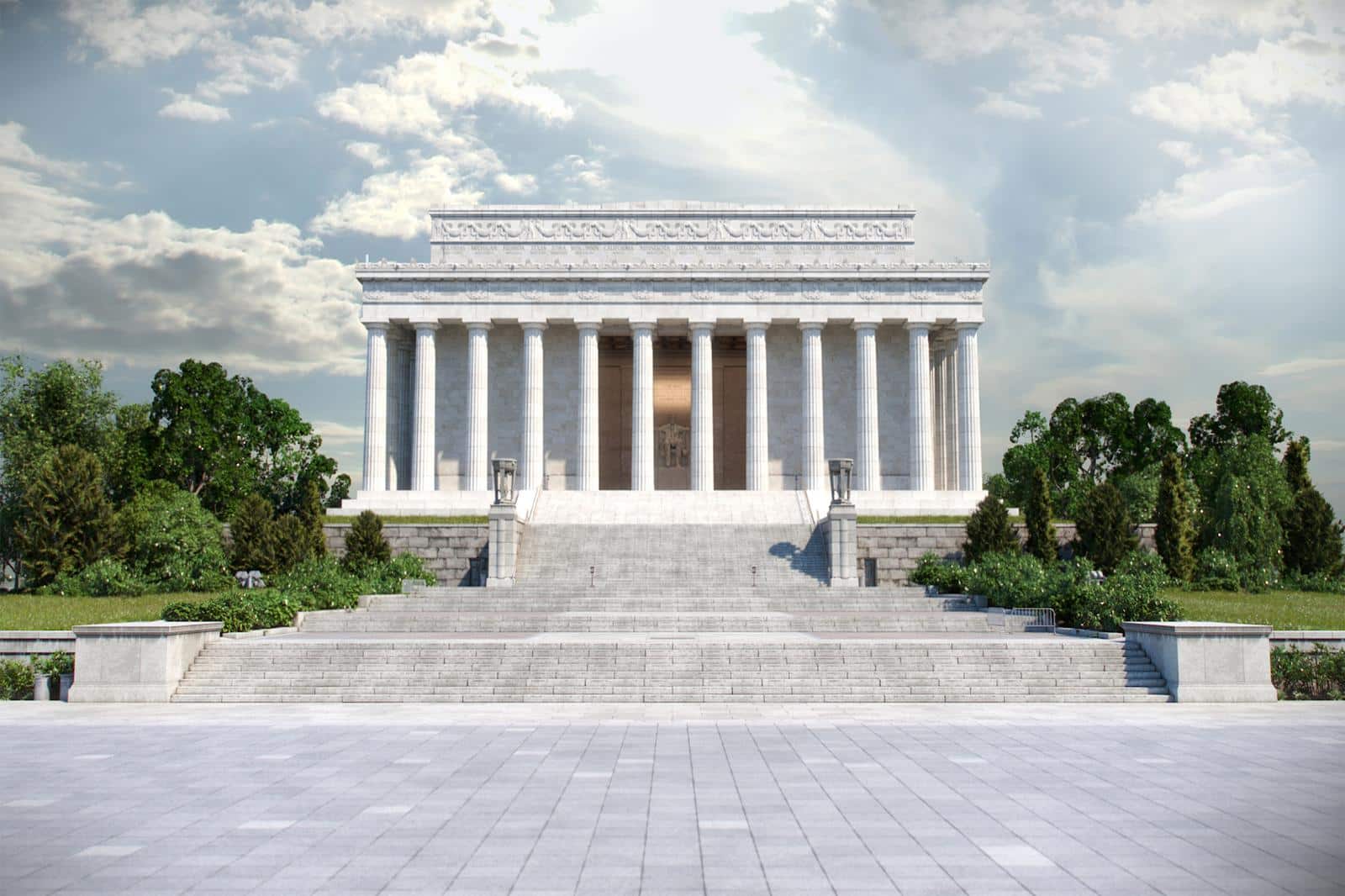Eleventh Amendment
The Eleventh Amendment provides that “the Judicial power of the United States shall not be construed to extend to any suit in law or…
This encyclopedia provides a comprehensive reference explaining the major concepts, institutions, court cases, epochs, personalities, and policies that have shaped, or been shaped by, American federalism. It describes federalism’s creation and evolution, and its influence on local, state, and national governmental institutions, procedures, and policies. The models used to explain the various historical eras in the development of federalism are also included. Originally published by Greenwood Press in 2005, this encyclopedia contained over 400 entries relating to American federalism. In its current online form, entries are being added and old ones updated. See more…

The Eleventh Amendment provides that “the Judicial power of the United States shall not be construed to extend to any suit in law or…
The American System was an economic development program that was actuated by Henry Clay of Kentucky. The American System became the cornerstone of the…
Thomas Woodrow Wilson (1856–1924) was elected president of the United States in 1912 and again in 1916. Wilson served the full two terms, although…
Henry Clay, of Lexington, Kentucky, was a national leader who was one of the founding fathers of the Whig Party and also known as…
The American Recovery and Reinvestment Act (ARRA or “Recovery Act”) was passed in early February of 2009, in the second month of President Obama’s term in…
In American Legion, et al. v. American Humanist Association, et al. (2019), the Supreme Court held that a large World War I memorial in…
A common definition of federalism, contained in the majority of American government, state and local politics, and public administration texts, is the division of…
The issue of federalism has not always been a high priority for presidents. Few presidents have issued executive orders addressing federalism, let alone executive orders of…
Born in Queens, New York on June 14, 1946, Donald Trump was a central figure in the city’s political and social life decades before…
Barack Hussein Obama II served as the 44th President of the United States (2009-2017). Barack Obama’s presidency continued and strengthened the trend of executive-federalism…
The Eleventh Amendment to the Constitution provides that the judicial power of the United States does not extend to any lawsuit filed against a…
President Ronald Reagan’s (1911–2004) importance in the consideration of American federalism is attributable to executive branch policies that diminished the federal government’s funding and…
404 to 416
|
481 Results
The Center for the Study of Federalism (CSF) is a nonpartisan, interdisciplinary research and education institution dedicated to supporting and advancing scholarship and public understanding of federal theories, principles, institutions, and processes as practical means of organizing power in free societies.
All of the CSF Fellows hold advanced degrees, are affiliated with academic institutions, and are scholarly experts in their fields. For more on each Fellow see CSF Fellows.
Most political and public issues in the United States are influenced to some extent by its federal system. Yet many do not understand that system. The CSF website seeks to foster a better understanding among the general public and scholars of federal governing systems generally and, specifically, of the federal system of government in the United States of America.
The CSF materials are free to use for educational purposes. If published, please acknowledge CSF as the source. If you intend to use these materials for profit, please, contact the Center for the Study of Federalism for permission. Some materials on the website are not owned by CSF and permission to use those materials should be sought with those holding legal title to the material.
Click here to sign-up to receive notifications about CSF materials and events. We will not share your email with any outside organizations or individuals.
Please direct all questions and comments related to this website, and inquiries about the research and teaching grants and awards, to us here. Remember CSF is a nonpartisan, interdisciplinary research and education institution.